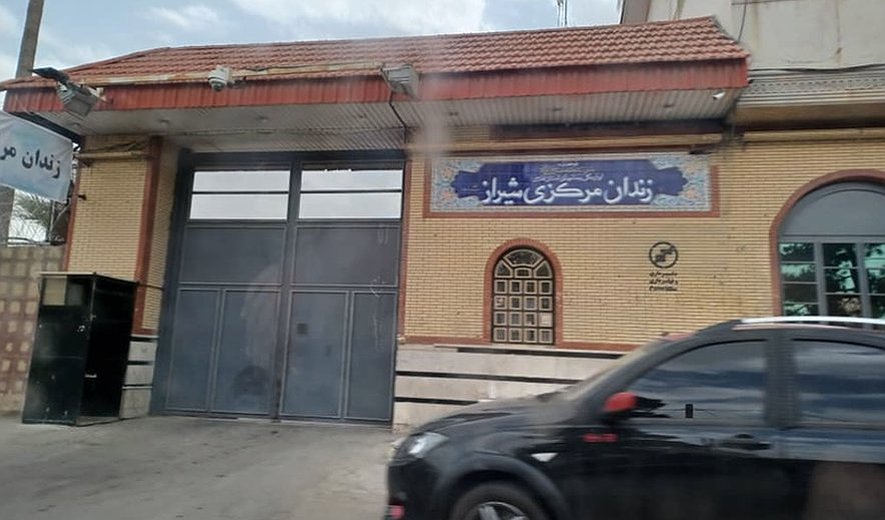3 Men Executed Drug and Murder Charges in Shiraz

Iran Human Rights (IHRNGO); September 18, 2023: Ramezan Yavari and Mozafar Sanjarani who were sentenced to death for drug-related charges and an unidentified man sentenced to death for murder, were executed in Shiraz Central Prison.
According to information obtained by Iran Human Rights, two men were executed in Shiraz Central Prison (Adel Abad) on 17 September. Their identities have been established as Ramezan Yavari and Mozafar Sanjarani, both Khorram Bid natives.
Ramezan and Mozafar were both Khorram Bid natives and were arrested three years ago and sentenced to death for drug-related charges in the same case.
Drug-related executions have continuously risen every year for the past three years. At least 206 people were executed for drug-related charges in the first six months of 2023, a 126% rise compared to the same period in 2022 when 91 were executed. 40 people were executed in the same period in 2021.
The number of drug executions dramatically dropped in 2018 following a 2017 Amendment to the Anti-Narcotics Laws. Consequently, drug executions ranged between 24-30 per annum between 2018-2020. The Amendment was reversed in practice in 2021 when executions increased ten-fold to 126 in 2021 and doubled again in 2022 with 256 drug-related executions. On 13 February 2023, IHRNGO reported a 94% rise in the number of drug-related executions in the year following the start of the “Woman, Life, Freedom” movement in September 2022.
Another man was also executed at the prison on 13 September. His identity has not been established at the time of writing. He was sentenced to qisas (retribution-in-kind) for murder.
Those charged with the umbrella term of “intentional murder” are sentenced to qisas (retribution-in-kind) regardless of intent or circumstances due to a lack of grading in law. Once a defendant has been convicted, the victim’s family are required to choose between death as retribution, diya (blood money) or forgiveness.
At the time of writing, none of their executions have been reported by domestic media or officials in Iran.

